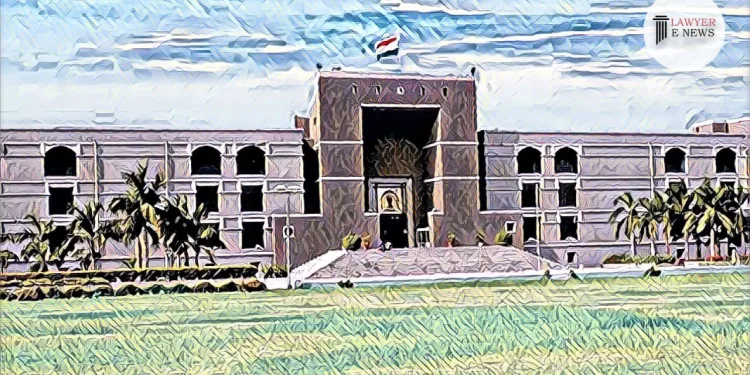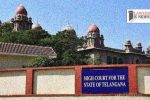Mens Rea is a Sine Qua Non for Conviction Under Counterfeit Currency Laws: Rules Gujarat High Court

In a significant ruling, the Gujarat High Court has upheld the acquittal of Himatlal Bhailal Rajgor and other accused in a 1992 counterfeit currency case, dismissing the appeal filed by the State. The court emphasized the prosecution’s failure to establish the necessary mens rea and the lack of concrete evidence linking the accused to the alleged crimes. The judgment, delivered by a bench comprising Justices Nirzar S. Desai and Hasmukh D. Suthar, underscores the critical importance of proving both the act and intent in criminal cases involving counterfeit currency.
Facts of the Case:
On June 8, 1992, the Kutch-Bhuj police conducted a raid based on intelligence reports, leading to the recovery of 135 counterfeit US dollars and other counterfeit currency notes from the residential premises of the accused. The accused were charged under Sections 489(A), (B), (C), and (D), 34, and 171 read with Section 114 of the Indian Penal Code. The Additional Sessions Judge, Kutch-Bhuj, acquitted the accused on January 9, 1998, leading the State to file an appeal against the acquittal.
The court noted that the prosecution examined 16 witnesses, most of whom turned hostile. Key witnesses, including panch witnesses and the investigating officer, failed to provide conclusive evidence. The court observed, “The prosecution has mainly relied on the evidence of PW-16 Ratansinh Rathod, an LCB Sub-Inspector, whose testimony alone cannot establish the guilt of the accused.”
The bench reiterated the necessity of proving mens rea (criminal intent) in offenses involving counterfeit currency. “Mere possession of counterfeit currency is insufficient to constitute an offense under Section 489(B) of IPC without proof of knowledge or intent,” the judgment stated. The court referred to previous rulings, including Umashanker v. State of Chhattisgarh and Dipakbhai Jagdishchandra Patel v. State of Gujarat, emphasizing the requirement of mens rea for a conviction under the relevant sections of the IPC.
The court highlighted the prosecution’s failure to independently verify the counterfeit nature of the currency notes. “The investigating officer admitted not collecting any material or independently verifying whether the said dollars were genuine, which casts serious doubts on the prosecution’s case,” the judgment noted.
The court underscored the principle that the burden of proof lies with the prosecution, which must establish the accused’s guilt beyond reasonable doubt. The judgment cited Sheo Swarup v. King Emperor and Babu Sahebagouda Rudragoudar v. State of Karnataka, affirming the appellate court’s limited scope of interference in acquittal appeals and the presumption of innocence in favor of the accused.
Justice Hasmukh D. Suthar remarked, “The mere recovery of counterfeit currency notes from the accused’s possession, without establishing the necessary mens rea, cannot lead to a conviction under Sections 489(B) and 489(C) of the IPC.”
The Gujarat High Court’s decision to uphold the acquittal reinforces the judiciary’s commitment to the principles of criminal justice, particularly the necessity of proving both the act and intent in criminal cases. This judgment serves as a reminder of the high burden of proof required in criminal prosecutions and the importance of thorough and impartial investigations.
Date of Decision: May 21, 2024
State of Gujarat v. Himatlal Bhailal Rajgor & Ors.






